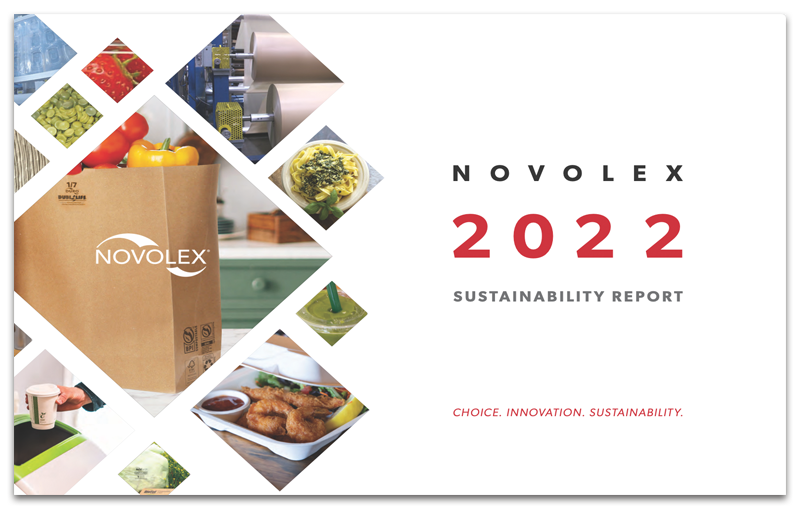What is Prevented Ocean Plastic?
Prevented Ocean Plastic is a high quality, certified recycled plastic that has been collected from coastal areas at risk of ocean plastic pollution. Used by brands around the world, it meets regulatory health and safety standards, is traceable back to source and can be identified on-pack through its distinctive triangular logo.
As well as diverting plastic away from our oceans, Prevented Ocean Plastic supports coastal communities in developing countries by supporting bottle collectors, collection centres and local recyclers based there.

How is Prevented Ocean Plastic defined?
Prevented Ocean Plastic is a certified ocean bound plastic. Ocean bound plastic is defined by the experts as:
- Found within 50km (30 miles) distance of an ocean coastline or major waterway that feeds into the ocean.
- The country or region lacks waste management infrastructure and collection incentives.
- The infrastructure is being overwhelmed by population growth or tourism.
- There is a significant risk to wildlife if plastic contaminates their ecosystems
- Prevented Ocean Plastic content can be clearly tracked back to specific coastal communities in at risk areas including:
- Central America and the Caribbean
- Mediterranean
- South America and the Galapagos Islands
- South East Asia
Why Prevented Ocean Plastic?
- A 2016 report estimated that in a “business-as-usual scenario, the ocean is expected to contain more plastics than fish by 2050 (by weight)*.
- There is public concern that plastic in the oceans may also threaten the quality of the seafood we buy in supermarkets/served in restaurants**.
- The Prevented Ocean Plastic program offers a solution to capture and recycle plastic bottles before they enter the ocean, turning waste into a valuable raw material resource, while at the same time supporting coastal community bottle collectors, collection centres and local recyclers based there.
- All the recycled plastic is washed, decontaminated and tested to ensure it adheres to UK and EU standards for packaging.
- Prevented Ocean Plastic™ is certified by approved certifiers such as Ocean Cycle and First Mile®.
- The Prevented Ocean Plastic program elevates and aligns plastic recycling standards across coastlines at risk from ocean plastic pollution.
- The Prevented Ocean Plastic logo identifies that the packaging is already compliant with UK Plastic Tax 2022 regulation requiring a minimum of 30% recycled content in all plastic packaging.
Prevented Ocean Plastic™ is certified by approved certifiers such as Ocean Cycle and First Mile®
- The POP program is a product line supplied by Bantam Materials.
- OceanCycle’s founders developed the first—and most rigorous—certification standard to provide transparency and accountability in the ocean-bound plastics marketplace. Inspired by Forest Stewardship (FSC) and Global Recycle Standard (GRS) certifications, a fully documented chain of custody ensures safe, equitable and ethical working practices across the supply chain.
- First Mile® take part in verifying the standards of Prevented Ocean Plastic™ recycling centres and ensure they are up to the quality standards required by Prevented Ocean Plastic™. First Mile carry out audits as well as bring new sites up to standard to improve the well-being of that supply chain.

Benefits of Prevented Ocean Plastic in packaging
- High quality/clarity bottle rPET at scale (largest program of its kind)
- Offers all the benefits of traditional plastic packaging as well as being:
- Sustainable
- Recycled
- Recyclable
- Certified traceability/robust documented chain of custody
- Supports recycling, job opportunities and cleaner environment in coastal communities at risk of ocean plastic pollution
- Offers brands and retailers and consumers a choice to use recycled plastic instead of virgin plastic
- Easy supply process

*Source - World Economic Forum, Ellen MacArthur Foundation and McKinsey & Company, 2016. The New Plastics Economy: Rethinking the future of plastics. Available here.
**Source - Review of evidence of plastic pollution (publishing.service.gov.uk).


